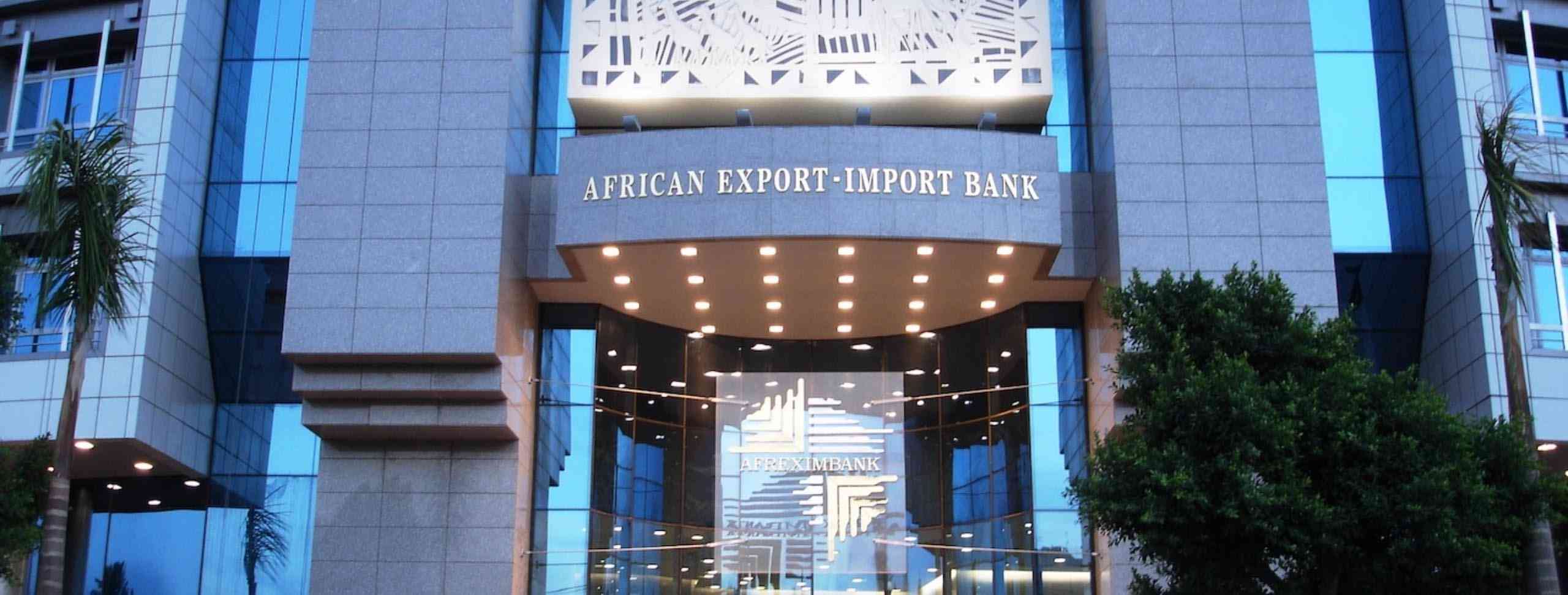
THE African Export-Import Bank (Afreximbank) 32nd annual general meeting is underway in Abuja, Nigeria, where the underlying theme is None but ourselves will drive Africa’s growth in an era of global turbulence.
The call by delegates comes on the back of a fractured world, headlined by geopolitical tensions and heightened protectionism.
The trade wars and geopolitical tensions have made Africa collateral damage. It finds itself scurrying for a solution, triggered by a crisis it has no interest in.
However, there is a silver lining. Africa can turn the challenges into opportunities.
The global fragmentation brings opportunities such as increased shipping traffic around the Cape, growing investment in Africa by the countries of the Persian Gulf and Asia and heightened demand for Africa’s critical minerals are enhancing the continent’s strategic position, according to the African Trade Report 2025 released on Wednesday.
The trade wars and geopolitical tensions have made gold a haven for investors. This unexpected turn of events will see gold-producing countries, such as Zimbabwe, smiling all the way to the bank.
This means the country must ramp up the output of the yellow metal to take advantage of the boom. However, no African country can go it alone. There is a need to combine forces to tackle the challenges confronting the continent.
At a time when international banks are exiting the continent, it is critical to strengthen African development finance institutions (DFIs).
- Concerns over Zimbabwe mortgaging resources
- Concerns over Zimbabwe mortgaging resources
- Afreximbank Zim trade centre on cards
- EcoCash seeks to raise US$30,3m to settle external loans
Keep Reading
The strengthening entails recapitalising them, which will have a multiplier effect on the continent. There is also a need for sovereigns to repay loans borrowed from these DFIs so that they are able to lend to other countries and companies on the continent.
In an era where protectionism is the buzzword, work is cut out for Africa to navigate the crisis. African countries must trade among themselves to boost intra-African trade.
The African Continental Free Trade Area (AfCFTA) comes into the picture. Touted as Africa’s Marshal Plan, the AfCFTA bloc is too good a market to ignore.
With a population of over 1,3 billion and a combined GDP of US$3,4 trillion, AfCFTA offers a market for African goods and services and is the largest free trade area in the world by number of countries. There is strength in numbers.
Figures show that intra-continental trade is growing, rising by 12,4% to US$220,3 billion last year. In 2023, intra-African trade contracted by 5,9%.
The growth in intra-African trade, according to Afreximbank’s group chief economist and managing director of research, shows the tangible benefits of AfCFTA implementation, even as the continent contends with rising inflation, sovereign debt risks and a persistent trade finance gap.
Zimbabwe must hit the ground running and put in place a conducive environment for local firms to compete in the enlarged market, bearing in mind that bureaucratic inertia will leave the economy on the brink.
The contest between the United States and China for global hegemony will play out in Africa.
This presents an opportunity to benefit more from the two superpowers as they tussle for allies on the continent.






